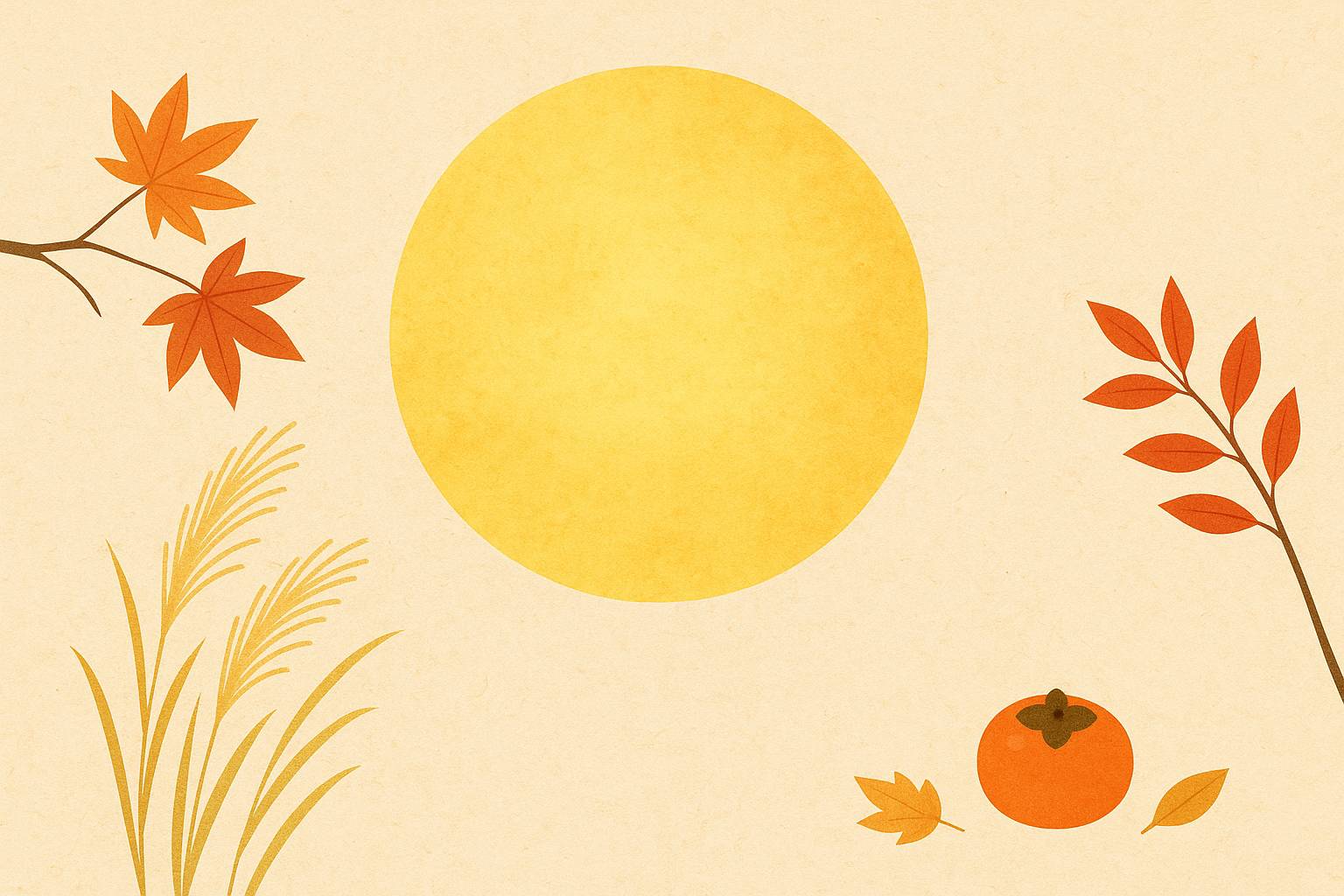Experience the longest break in eight years as Chuseok connects with National Foundation Day and Hangeul Day, creating a spectacular 10-day holiday from October 3 to October 12, 2025. Whether you’re teaching English, working in a hagwon, or simply living abroad in Korea, this guide will help you plan, explore cultural traditions, and make the most of your extended vacation.
Chuseok 2025 Holiday Schedule
-
October 3 (Fri): National Foundation Day
-
October 4 (Sat): Weekend
-
October 5 (Sun): Begin Chuseok holiday
-
October 6 (Mon): Chuseok main day
-
October 7 (Tue): Chuseok holiday
-
October 8 (Wed): Substitute holiday
-
October 9 (Thu): Hangeul Day
-
October 10 (Fri): Optional annual leave for a full 10-day break
With just one annual leave day on Friday, October 10, you can enjoy ten consecutive days off—an unprecedented opportunity for long-distance travel, cultural immersion, or well-deserved rest.
The Meaning and Traditions of Chuseok
Chuseok, also called “Hangawi,” literally means “the middle of autumn.” Celebrated on the 15th day of the eighth lunar month, it marks the harvest season and honors ancestors:
-
Charye (Ancestral Memorial Rites): Families prepare an elaborate table of freshly harvested rice, rice cakes, fruits, and pan-fried delicacies to pay respect and give thanks.
-
Seongmyo (Grave Visits): Descendants tidy ancestral graves, perform a formal bow, and leave offerings—a powerful way to connect past and present.
Must-Try Chuseok Foods
-
Songpyeon: Crescent-shaped rice cakes filled with sesame seeds, beans, or chestnuts. Crafting songpyeon together is as meaningful as eating them.
-
Jeon: Savory pancakes made with fish, meat, or vegetables—perfect with traditional rice wine.
-
Hangwa: Colorful, intricate sweets such as honey cookies (yakgwa).
-
Fresh Harvest Fruits: Pears, persimmons, and chestnuts symbolize abundance and good fortune.
Folk Games and Cultural Experiences
-
Ganggangsullae: A moonlit circle dance recognized by UNESCO as Intangible Cultural Heritage.
-
Yutnori: A family-friendly board game played with four wooden sticks.
-
Ssireum: Traditional Korean wrestling held on sandy rings.
-
Village Drum Processions: Local percussion groups visit homes to bless each household.
Tips for Foreign English Teachers
-
Class Scheduling: Most public schools and hagwons close during Chuseok. Confirm make-up classes or bonus policies with your employer well in advance.
-
Travel Planning: Book KTX trains, buses, or flights early via Korail or travel apps to avoid sold-out tickets and surging prices.
-
Cultural Etiquette: Greet locals with “Chuseok jal bonaeseyo” (Have a good Chuseok). Remove your shoes indoors, address elders respectfully, and always accept food or drink with both hands.
-
Community Engagement: If you’re spending the holiday away from home, host a “Friendsgiving” potluck with fellow teachers or join expat meetups on social media for a fusion-style feast.
Incorporating Chuseok into Your English Lessons
-
Vocabulary Practice: Teach harvest-related words—“bountiful,” “ancestor,” “tribute,” “full moon”—and have students describe their own family traditions.
-
Cultural Comparison: Assign essays comparing Chuseok to Thanksgiving or other festivals worldwide.
-
Role-Play Activities: Simulate songpyeon-making workshops, or draft invitation letters for a Chuseok dinner.
-
Storytelling: Share personal Chuseok experiences to build rapport and encourage students to present on their holiday adventures.
Practical Information During the Holiday
-
Closed Services: Banks, post offices, and most government offices will be shut. Many small shops and local restaurants may also close.
-
Open Services: Large shopping malls, tourist attractions, and convenience stores operate as usual. Museums often host special Chuseok programs.
-
Transportation: Expect travel times two to three times longer than usual. Use navigation apps like KakaoMap and prepare for crowded stations.
Tailored Vacation Ideas
-
For Families: Book a hanok (traditional house) stay or join a market-side songpyeon-making class. Visit folk villages to experience traditional crafts.
-
For Solo Travelers: Join language exchange meetups, take online courses, or explore off-the-beaten-path towns.
-
For Couples: Escape to Jeju or Busan, enjoy moon gazing by the Han River, or participate in hands-on cultural workshops.
Embrace the spirit of Chuseok 2025 by honoring tradition, exploring Korean culture, and creating unforgettable memories. Whether you’re reconnecting with friends and family or discovering new corners of Korea, this golden holiday offers something for everyone. Happy Chuseok!

